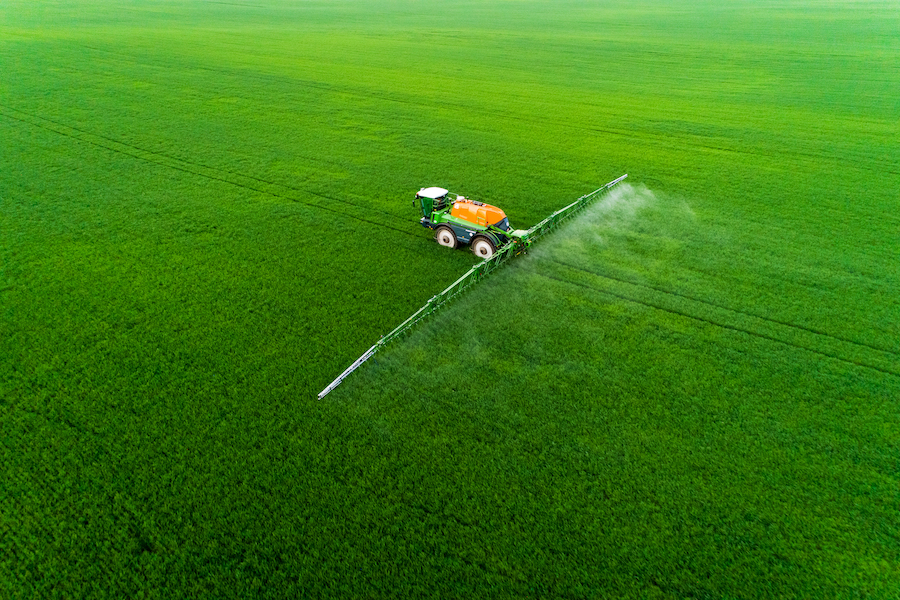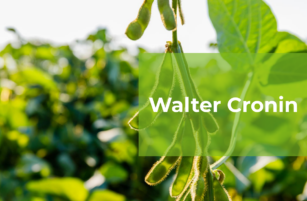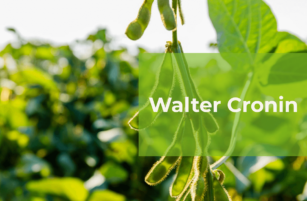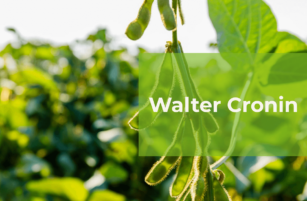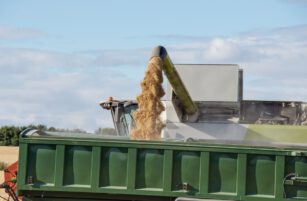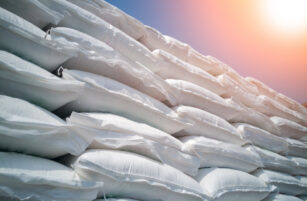- COP26 will commence on the 31st October and run until the 12th November.
- Many industries are aware of the drive to reduce carbon emissions on our planet.
- Considering the potential impact on wheat production generates some interesting thoughts.
Introduction
Reading the news, there will be little chance to avoid the commentaries on climate concerns and the need for governments and nations to adopt change.
The UK is due to host the twenty-sixth United Nations Climate Change Conference of the Parties (COP26) at the end of this month, from the 31st October to the 12th November 2021, ‘Uniting the World to Tackle Climate Change’.
The agriculture and associated industries are very aware of the drive for change to benefit and reduce carbon emissions on our planet.
Considering the potential impact on wheat production generates some engaging thoughts.
Food and Eating Habits
As countries become wealthier and more developed, individuals have greater incomes, leading to a higher spend on food. It’s therefore no surprise that the nations where incomes have risen the most have been the greatest drivers of increased food consumption and, most particularly, meat eating.
A common statistic quoted is that it requires 7-8kg of wheat to produce 1 kg of beef, less for the likes of pork and poultry. However, this depends upon the type of farming practice used to rear the livestock. Clearly, grass-fed livestock will not consume this level of wheat, while housed, grain-fed animals likely will.
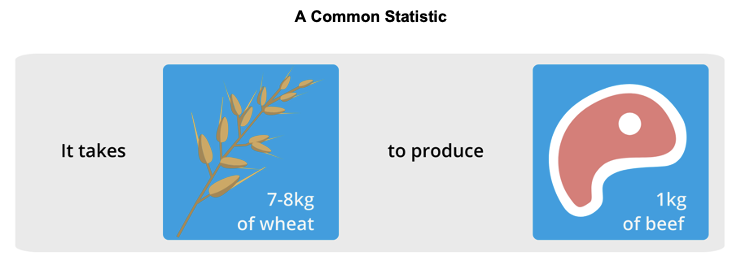
With a global population of around 6.2 billion 20 years ago, rising to approximately 7.8 billion today, consumption is inevitably increasing significantly. Meat consumption has risen from circa 230m tonnes to circa 330m tonnes currently. Due to rising wealth, this equates to an increase from 37kg per capita to approximately 42kg right now.
Global wheat production in the last 20 years has risen from 570m tonnes to 780m tonnes in 2021. Wheat production is growing faster than the population, but we are eating more on a per capita basis.
The Climate Drive
Activists will have people believe that the only answer to the climate issues, which will be raised at COP26, is the eradication of meat in diets and all food should be plant-based.
Born a farmer in the UK, I see less-radical solutions to improve the situation. From a wheat perspective, throughout my lifetime of 50 years, we have seen great change in farming practices. Yields are greater and production has risen. In the UK, many activities undertaken by farmers have either reduced or disappeared completely. Stubble burning after harvest was a perfect way to clear a field of many unwanted weeds, pests, and the like. It is now banned.
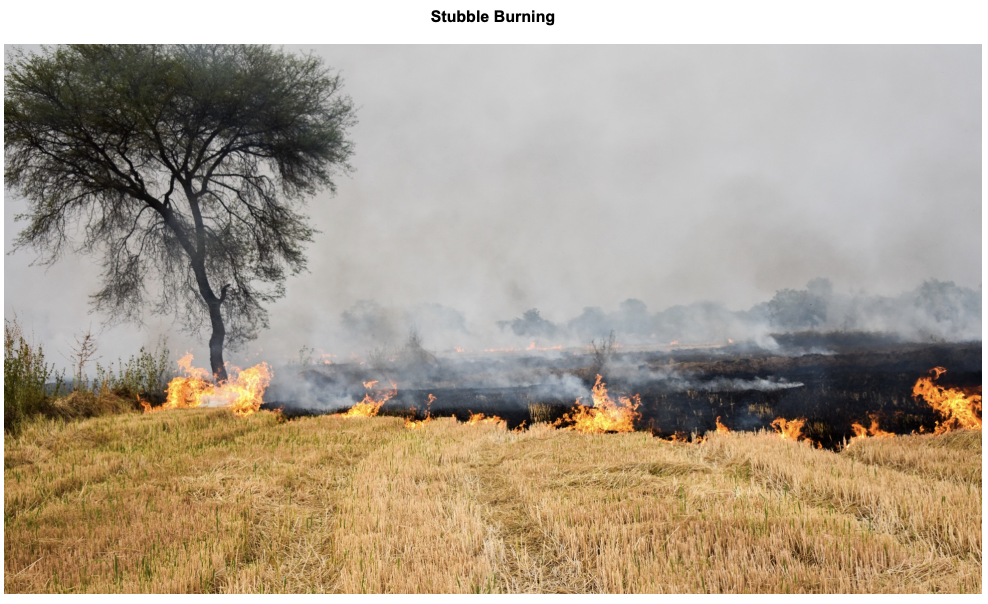
Less chemistry, in the form of agrochemicals and sprays are allowed than 10-20 years ago. Farmers are seeking more diverse rotations, increasing green and root crops into a typical wheat rotation. Grazing livestock on these green crops will produce beef for much less than 7-8kg of wheat per kilogram of meat.
A more diverse rotation reduces the need for cultivations and thus carbon emissions.
The Future
The world’s populations are becoming more affluent and desire more diverse diets, with increased meat content.
Producers need margin, consumers demand choice, whilst activists demand change.
Perhaps a simple trend for wheat would be more diverse rotations, growing a greater variety of crops, which include low carbon meat production, grazing animals.
The result would most likely lead to reduced wheat production, greater alternative crop production, enhancing environmental benefits, whilst still feeding the growing populations with choice.
COP26 may not solve all the climate issues, but it will encourage yet more thought in how wheat production may change over the coming years. We have interesting but challenging times ahead!

Other Opinions You Might Be Interested In…
- Czapp Explains: Winter Wheat vs. Spring Wheat
- Czapp Explains: Hard Wheat vs. Soft Wheat
- The World’s Largest Wheat Producers and Exporters
- The World’s Largest Wheat Users and Importers

